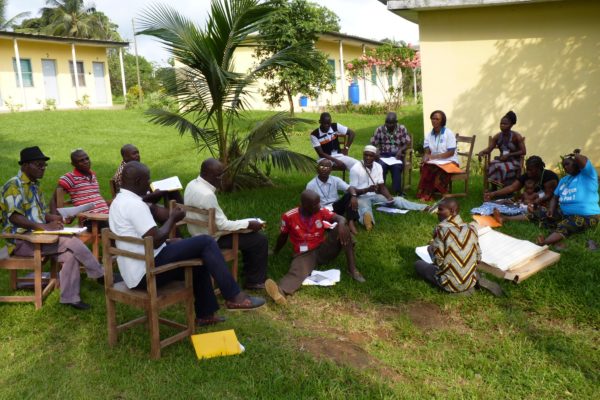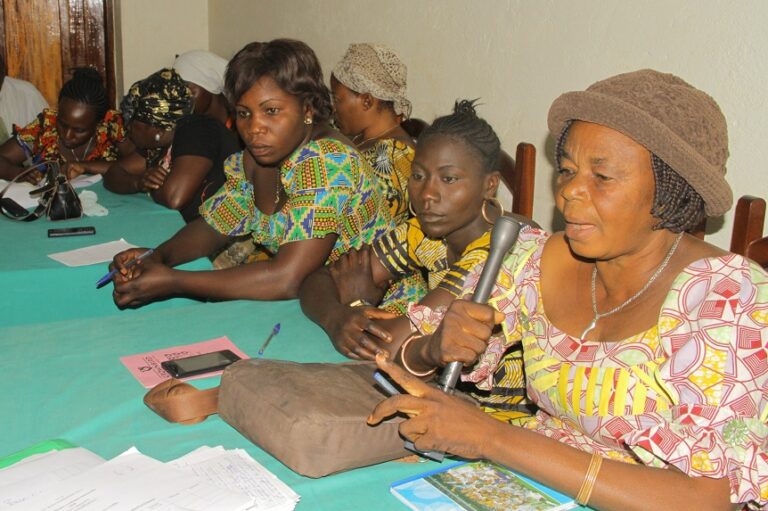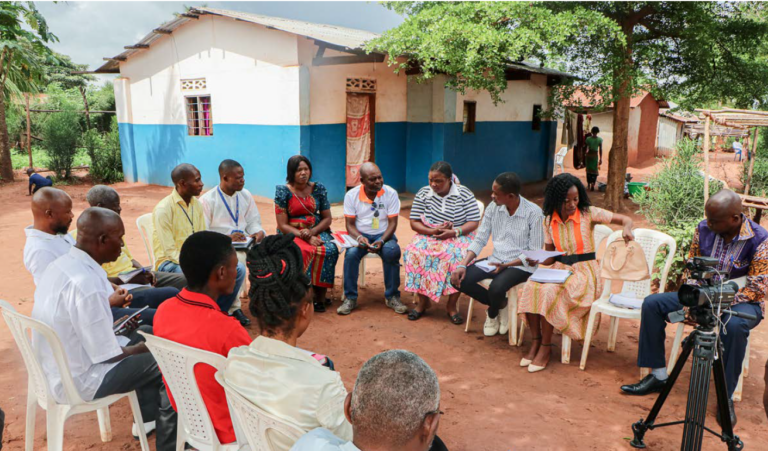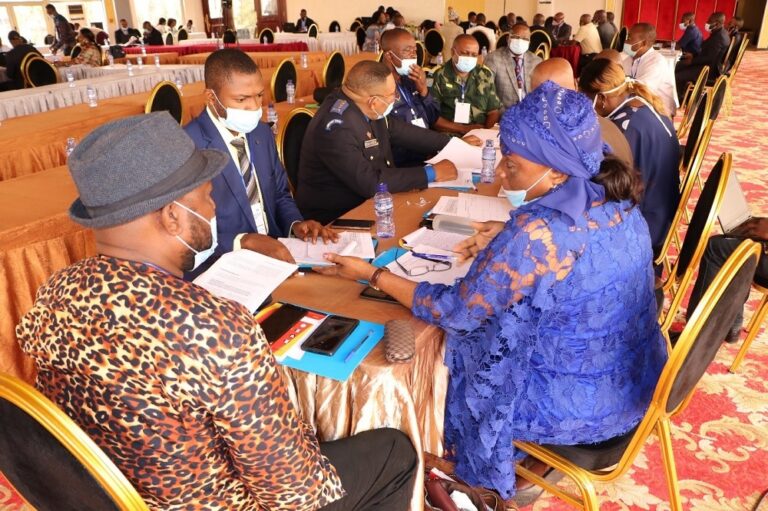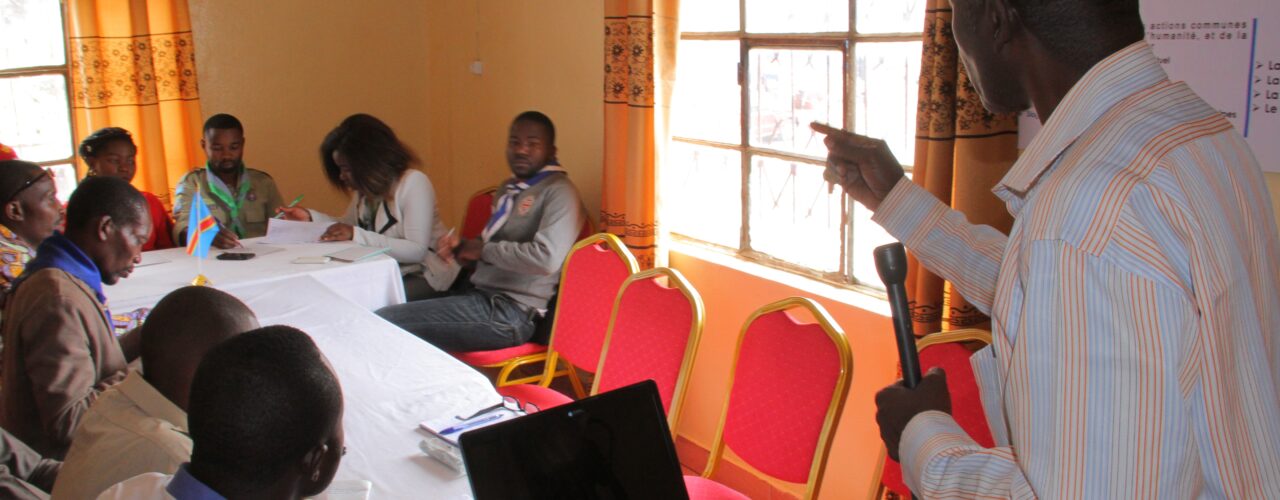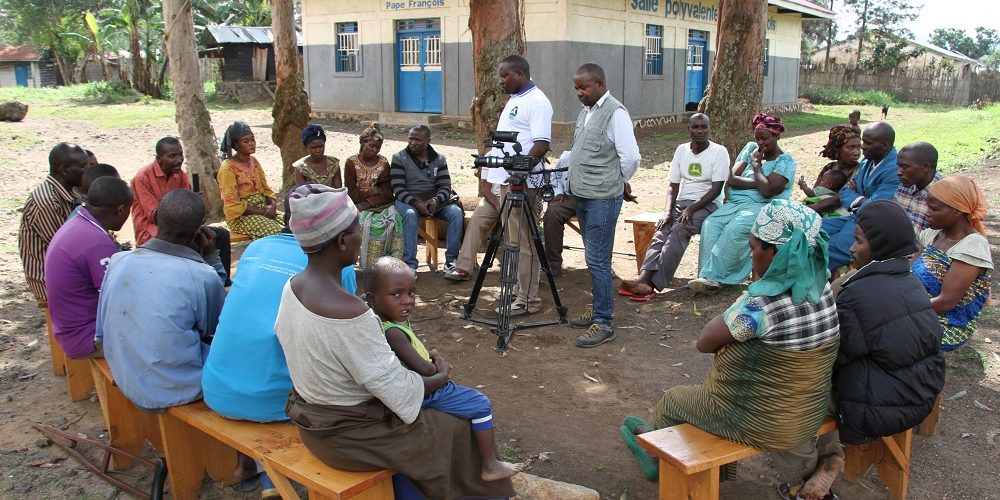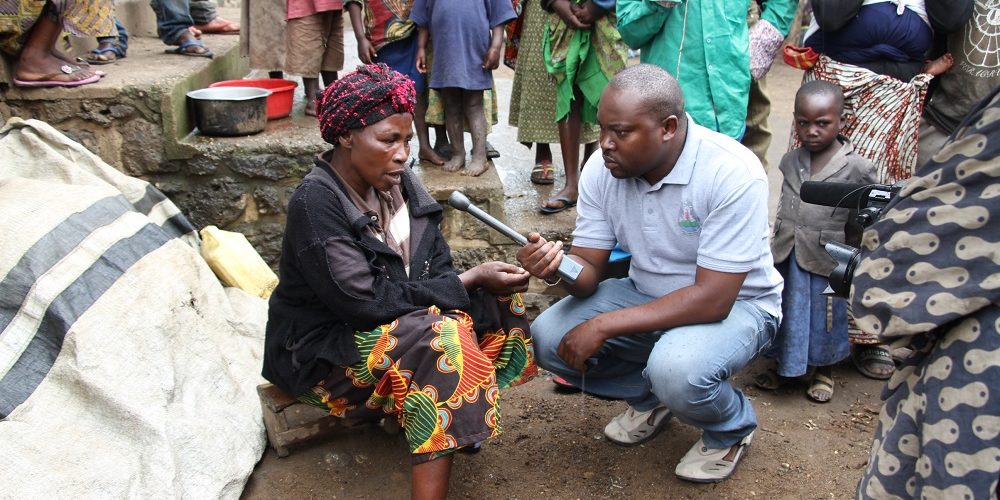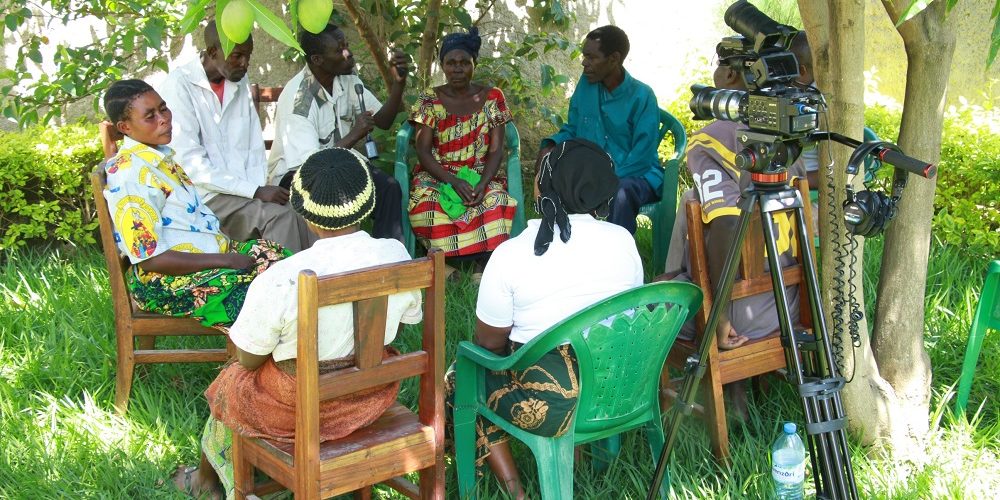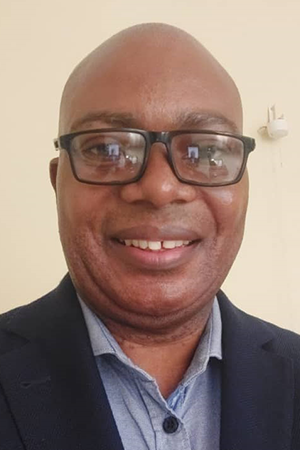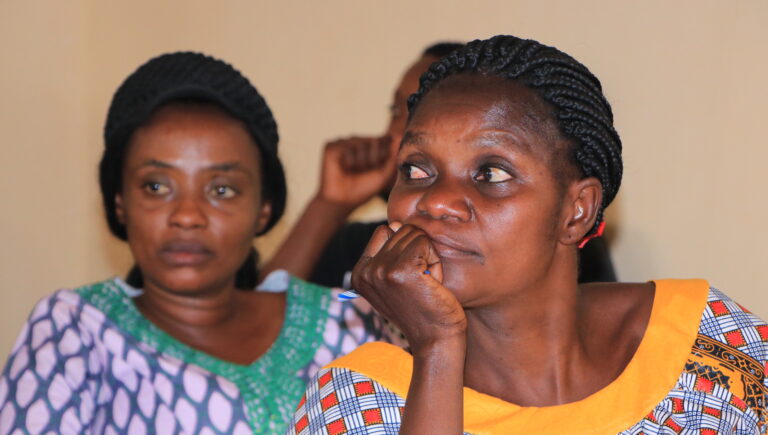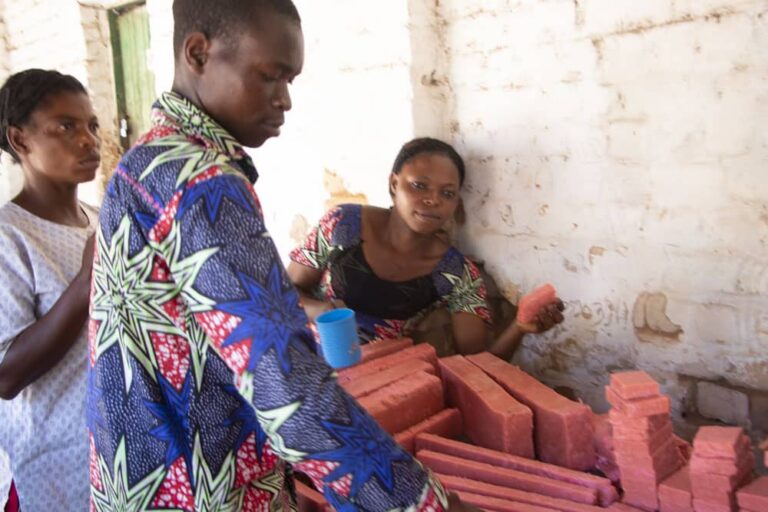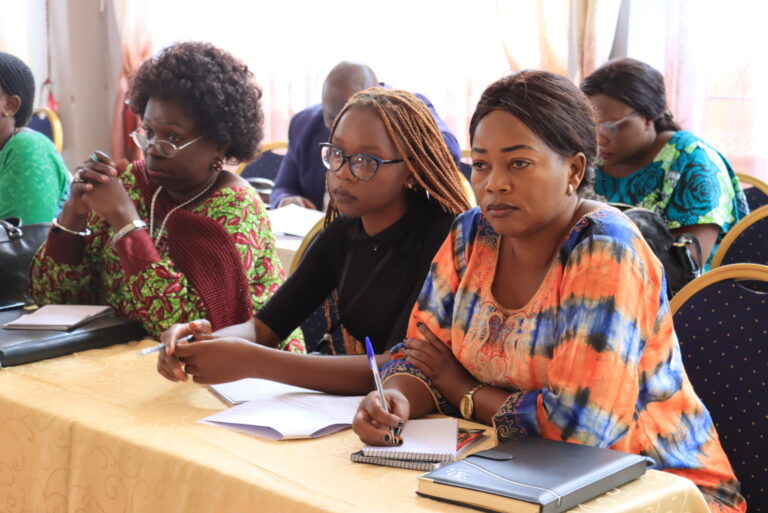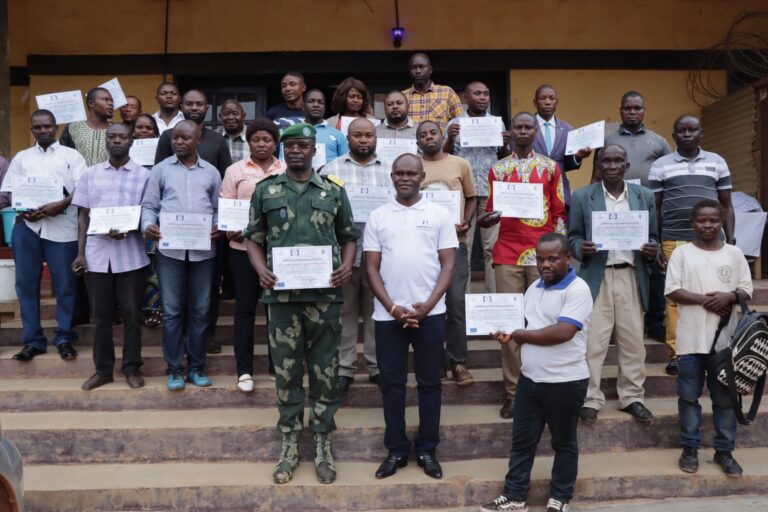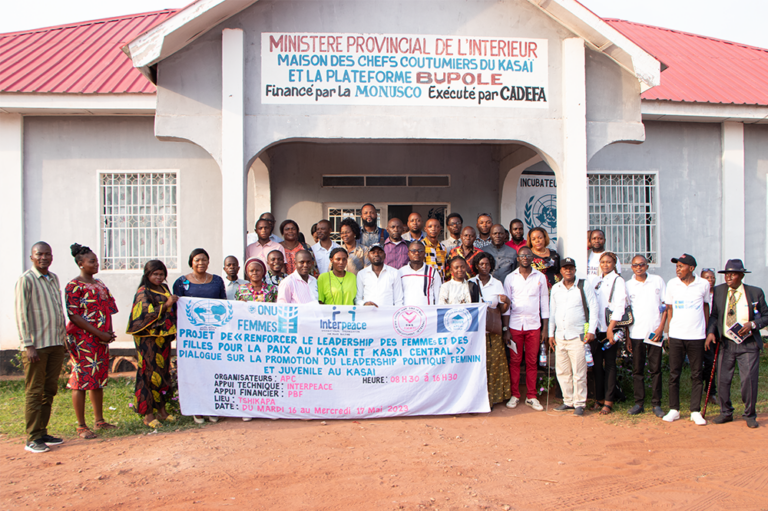After two years of uncertainty, the Democratic Republic of the Congo finally organized elections in December 2018 that were won by opposition candidate Felix Tshisekedi. Despite irregularities in the election process, Tshisekedi’s inauguration in January 2019 marked the first peaceful transfer of power in the DRC’s history and gives some hope for change and national reconciliation. Meanwhile, the elections overshadowed the second biggest Ebola outbreak in recorded human history, centered in the eastern provinces of North Kivu and Ituri. Beginning in August 2018, the outbreak has caused an estimated 1756 deaths as of July 2019, according to WHO.
Interpeace’s work in the Democratic Republic of Congo (DRC) has been incremental since 2013, when the organization launched a cross border dialogue programme to help rebuild trust and deconstruct identity-based stereotypes among frontier communities in the eastern DRC, Rwanda and Burundi.
Since then, the Interpeace program in the DRC has expanded into the different provinces of Kasai and Central Kasai, North Kivu, Ituri, South Kivu and Mai-ndombe.
